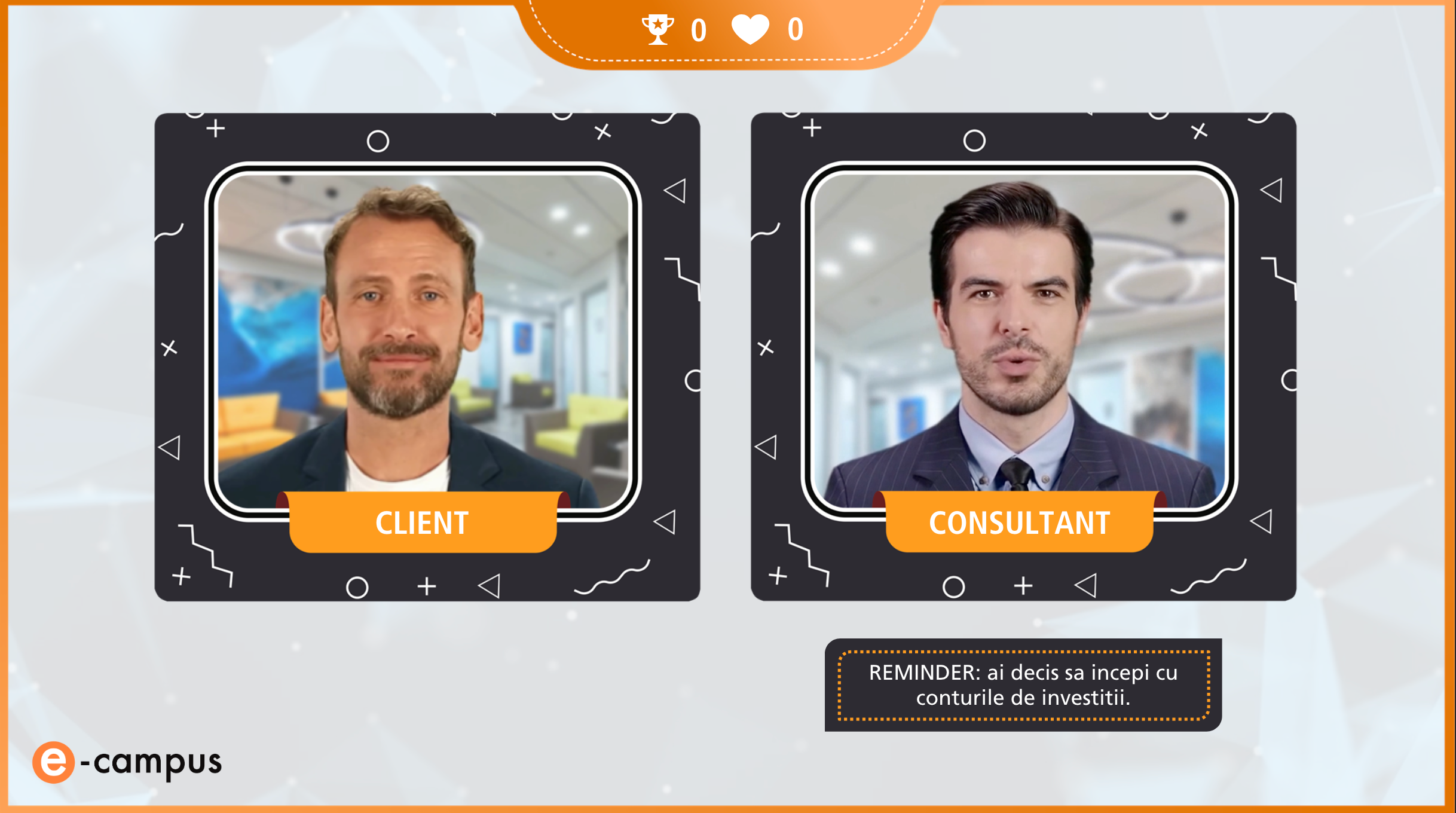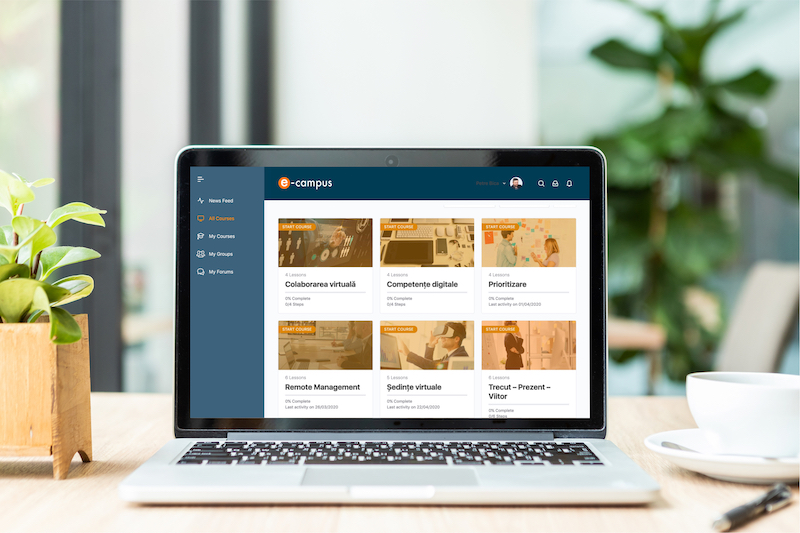Designing for Adaptive Learning Programs
How do we move from "one size fits all" training to one tailored to each individual learner and context? How do we build large-scale programs capable of adapting to each person's needs in real time based on data rather than opinion or tradition? How do we approach and integrate new A.I. technologies into our work processes - how much is panic, how much is fashion, what is actually useful?
#DigitalLearning
Online training - 4 hours
Practice on generic projects
Resources & practices
NEXT COURSE
Friday, 24 May 2024, 10.00 - 14.15
Open | Online | 4h | Romanian | Intermediate level
You missed out!
Target audience and benefits
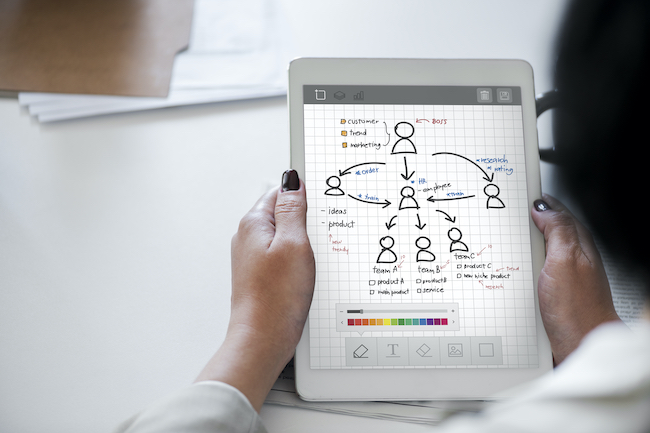
This short training program is dedicated to trainers and instructional designers. Its aim is to equip you with the key knowledge and perspectives needed to understand the mechanics of mass customisation.
In this short course you will acquire the following:
This short training program is dedicated to trainers and instructional designers. Its aim is to equip you with the key knowledge and perspectives needed to understand the mechanics of mass customisation.
In this short course you will acquire the following:

Businesswoman using tablet
Agenda and program content
Duration: 2 online sessions of 2 hours each, separated by a 15-minute break.
Methodology: it alternates explanations and examples with practice on generic projects and moments of collaborative reflection.
Platform: Zoom Meetings for live sessions. Additionally, participants receive access to a dedicated group in the Learn@E-Campus platform where they have at their disposal the program content, resources, and support from fellow students.
Group: a maximum of 12-15 people to ensure an optimal level of interactivity and collaboration.
Here is the content and activities of the program, ordered according to the different impact areas targeted:
MINDSET
The perspective of mass customisation
One-size-fits-all approaches and extensive libraries of resources available to learners offer low levels of engagement and impact in skills development. Adaptive learning programs solve this problem.
KNOWLEDGE
Useful practices in content modularization
Relevant and impactful practices in modular digital instructional design. Aligning content, delivery methods and level of difficulty to the specifics of each learner involved in the program.
PRACTICE
Getting used to working practices
Collaborative practice on generic projects, with feedback from the trainer and group mates. You will learn the prerequisites for skills that you can then practise on your own.
TECHNOLOGY
Examples of relevant technologies
In this program, you will become familiar with the technical functionalities useful for implementing adaptive training programs. We will also go through some examples of online applications and platforms.
COMMUNITY
Optimal collaboration and support ratio
Upon enrolment in the programme you will receive access to the Learn@E-Campus platform, a collaborative learning and working space. What you will find here:

Trainer of the program
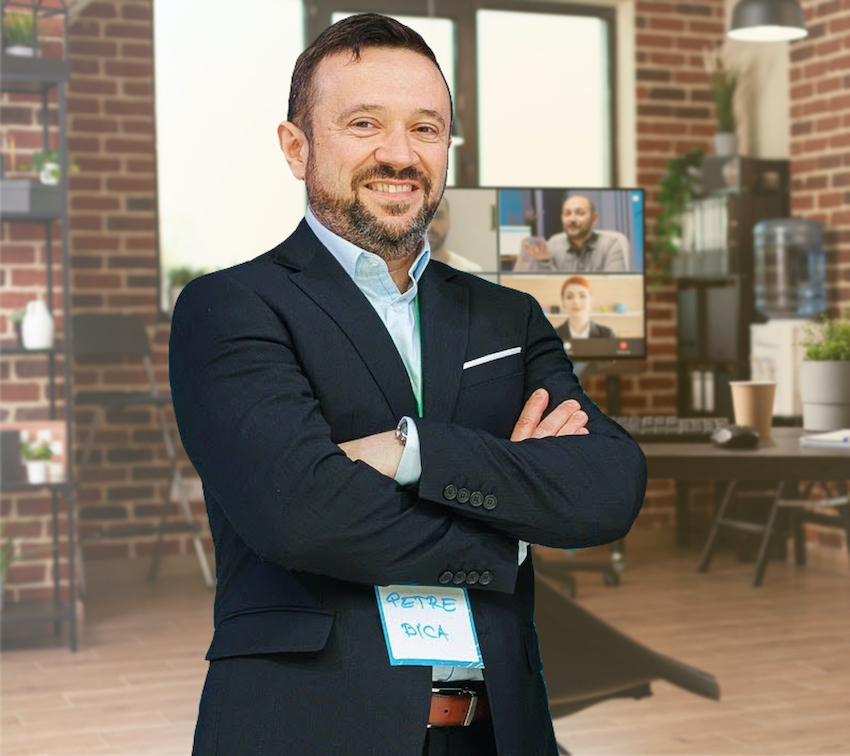
Petre Bica - Senior Digital Learning Consultant
@ The Learning Distillery, Luxembourg
@ E-Campus, Romania
Over 15 years of local and international experience in the design and production of digital learning experiences. He trained over 2000 L&D professionals in the various Digital Learning skills associated with their role. He is passionate about technology and innovation in the way people learn.
"Training and learning need more than ever to be perceived as personal, as tailored to the individual needs and preferences of learners. The current challenge for L&D functions is to do this in an agile and scalable way."

Petre Bica - Senior Digital Learning Consultant
@ The Learning Distillery, Luxembourg
@ E-Campus, Romania
Over 15 years of local and international experience in the design and production of digital learning experiences. He trained over 2000 L&D professionals in the various Digital Learning skills associated with their role. He is passionate about technology and innovation in the way people learn.
"Training and learning need more than ever to be perceived as personal, as tailored to the individual needs and preferences of learners. The current challenge for L&D functions is to do this in an agile and scalable way."
Cost of the program
480 RON / person
A short, intensive and affordable open training program.
4 hours in 2 online sessions with a break in between.
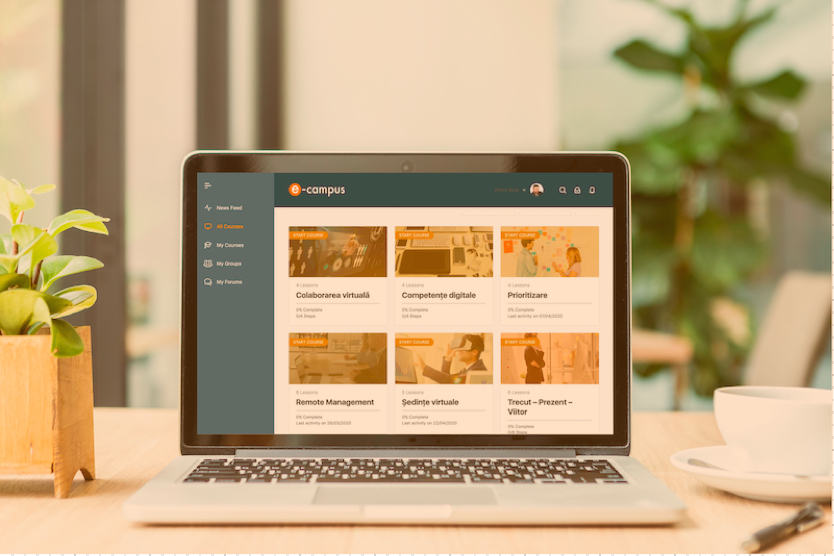
NEXT COURSE
Friday, 24 May 2024, 10.00 - 14.15
Open | Online | 4h | Romanian | Intermediate level
You missed out!
Stay in touch with us
Subscribe to our news feed and notifications to be the first to know about new articles, projects, video content and events.


